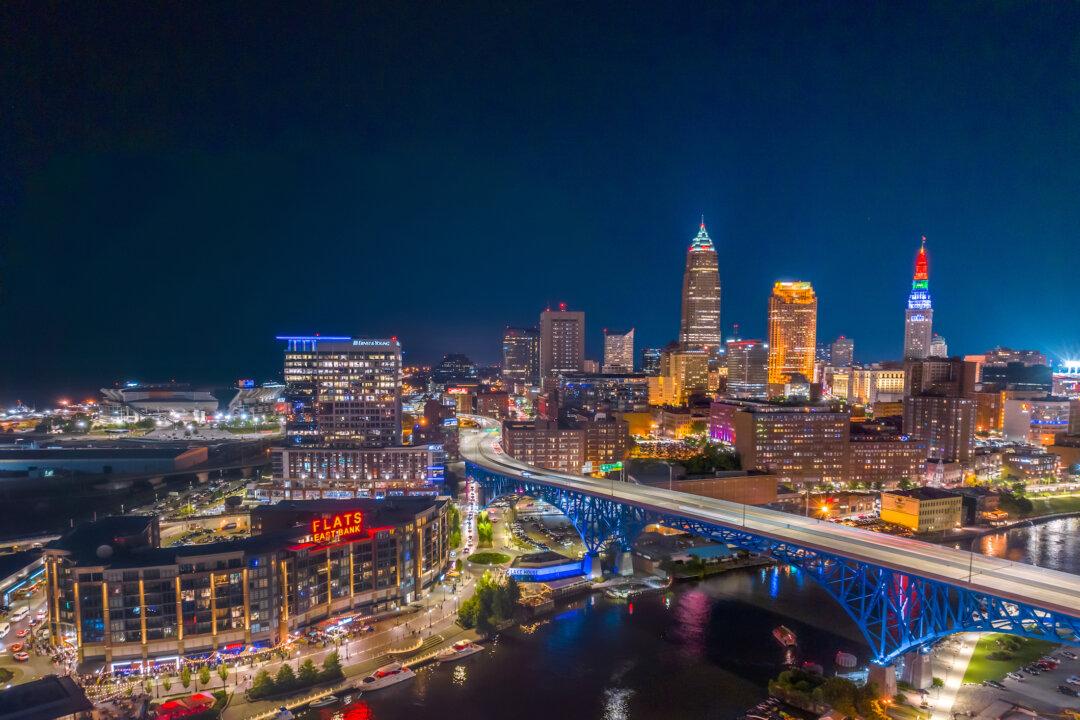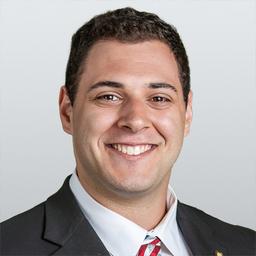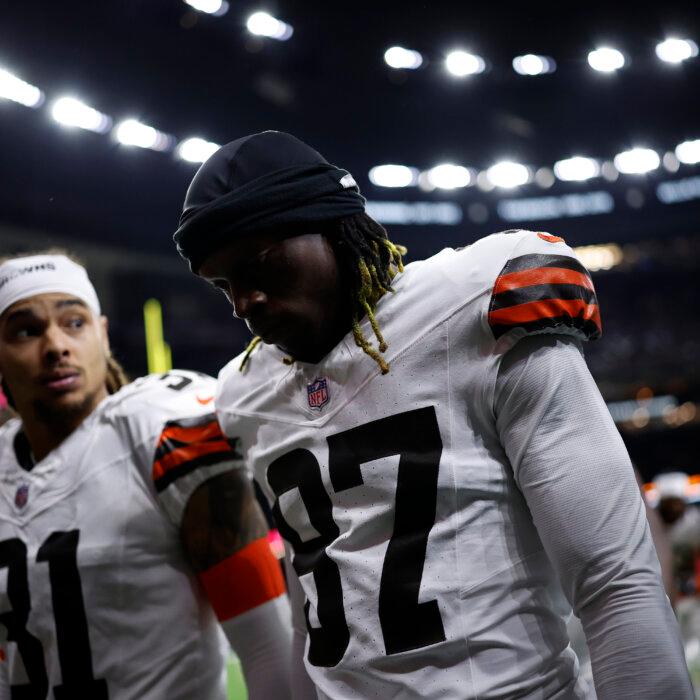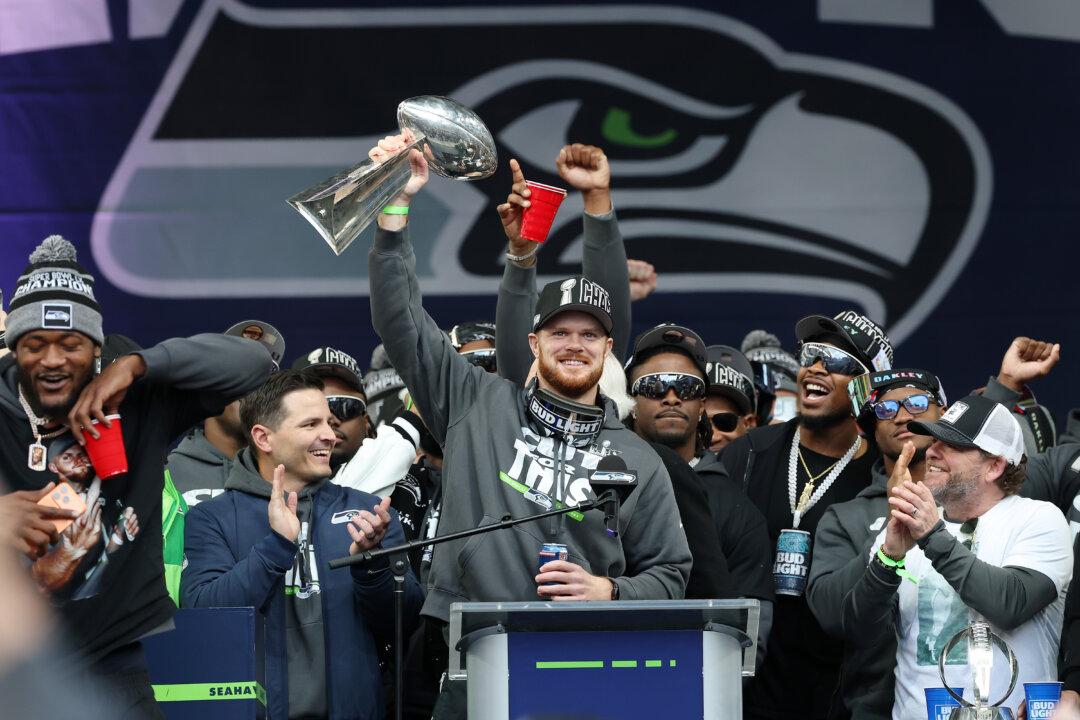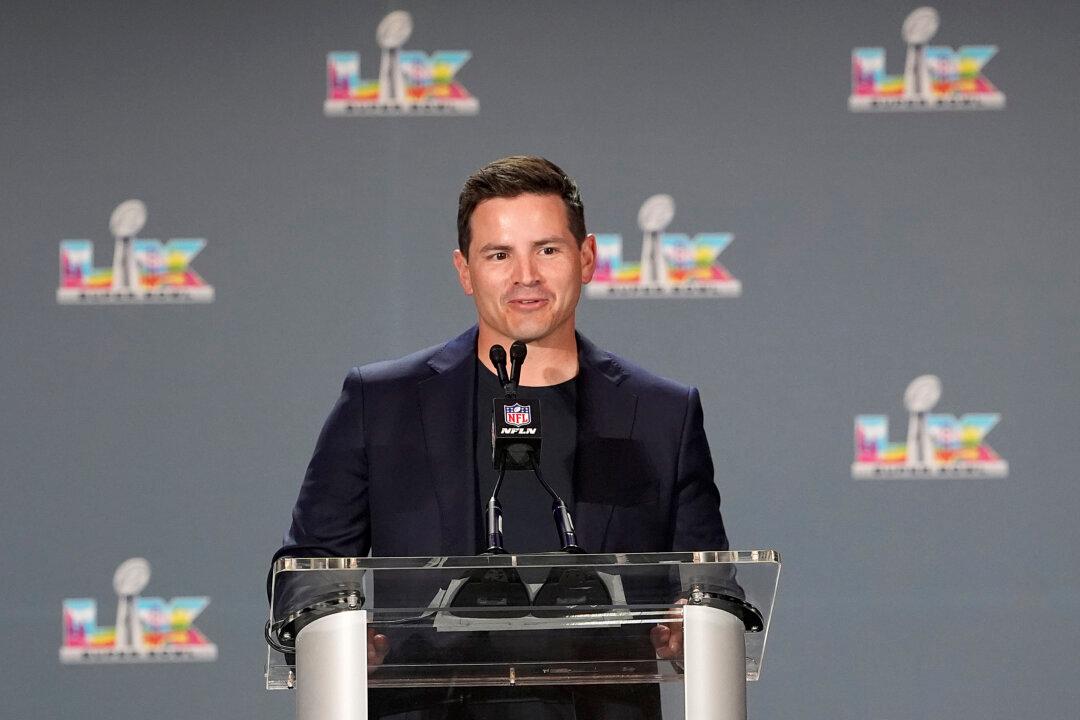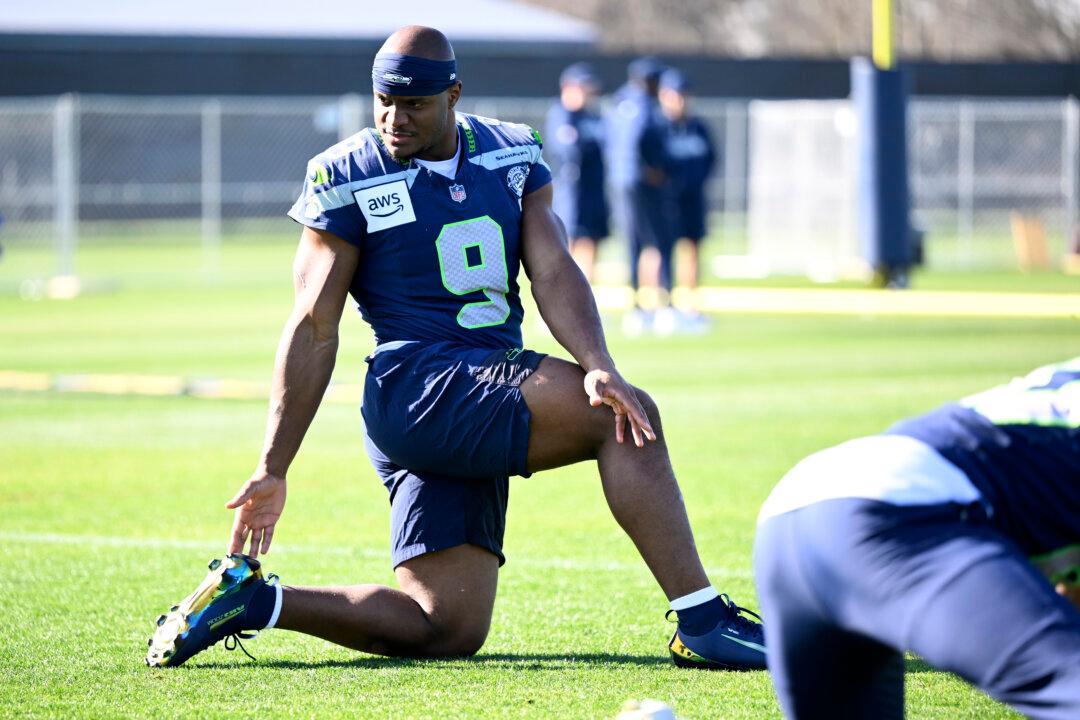The city of Cleveland is threatening legal action on the Cleveland Browns over their intended move.
The law was named after then-Browns owner Art Modell and enacted in 1996. At the time, Modell announced plans to relocate the team to Baltimore, Maryland. After similar threats of legal action, the Cleveland organization moved and became the Baltimore Ravens, while the intellectual property of the Browns—their name, logos and colors, and team history—were placed in trust. The Browns were reestablished in 1999.
The Browns play at Huntington Bank Field, originally Cleveland Browns Stadium, in the downtown part of the city. The stadium was built while the team was held in trust and opened in 1999. It is the only stadium in the entire NFL that has not hosted a Super Bowl, and it has not hosted a home playoff game.
In his letter, Bibb noted that Huntington Bank Field is a “tax-supported facility” under the law and that the city of Cleveland spent some $350 million over the course of about 20 years to repair and maintain the stadium. But to date, the team has not complied with the law by providing the city a window to put the team up for sale. Bibb said that should the opportunity arise, “the City intends to take a leadership role” in finding a new group of owners to purchase the team.
Bibb demanded that the team comply with the law by Jan. 9 and provide the city with a date the team will be put up for purchase, as well as a date and time for the city to send representatives to inspect the organization’s records. Should the Browns fail to comply with the request, the city would “take appropriate legal action,” Bibb said.
The Browns have sought legal clarity on the issues surrounding the team’s planned move. The team filed a lawsuit in October seeking a declaratory judgment to “take this matter out of the political domain.”
When the current stadium lease expires, the Browns plan to move to a domed stadium in the suburb of Brook Park. The move is estimated to cost between $3 billion and 3.5 billion.
